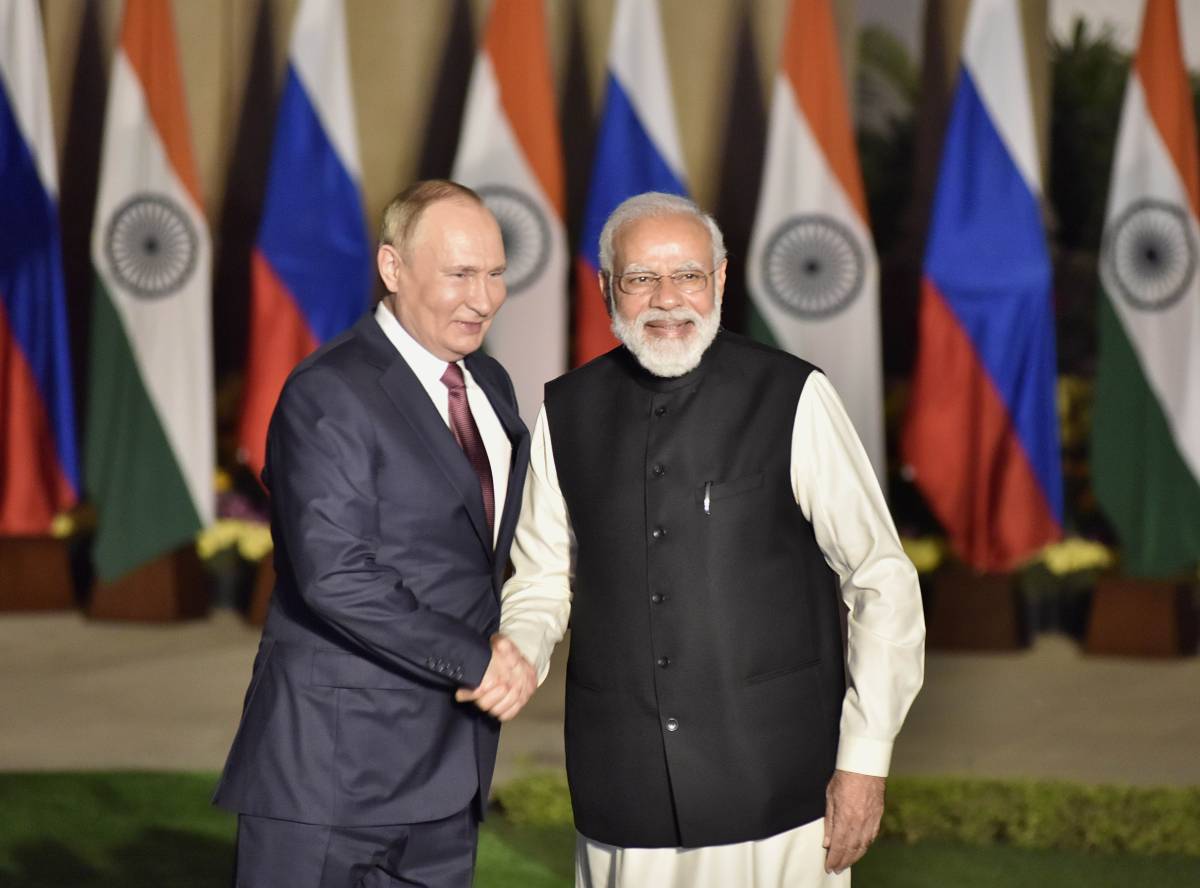
India, Russia renew military pact
The leaders underscored the need for greater economic cooperation and in this context, emphasised new drivers of growth for long-term, predictable, and sustained economic cooperation reports Asian Lite News India’s Prime Minister

